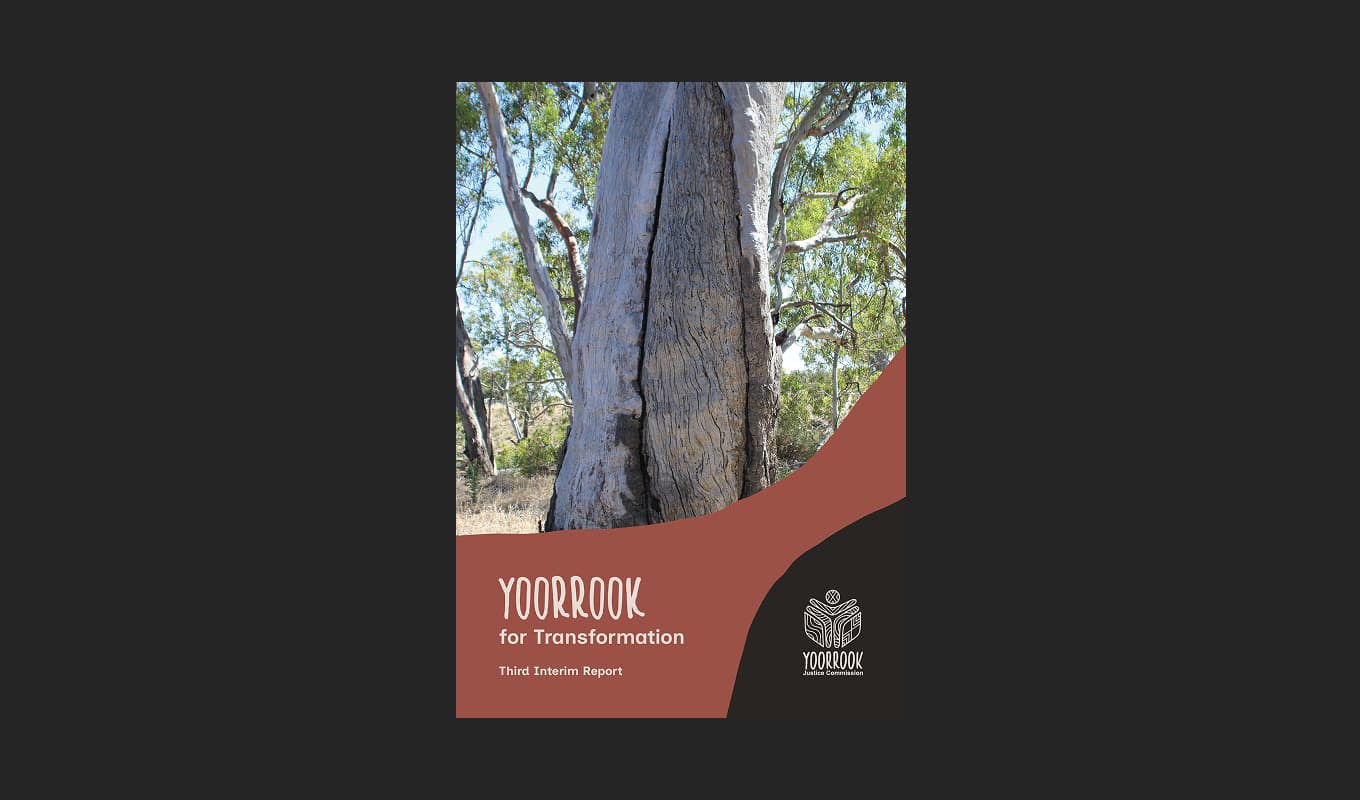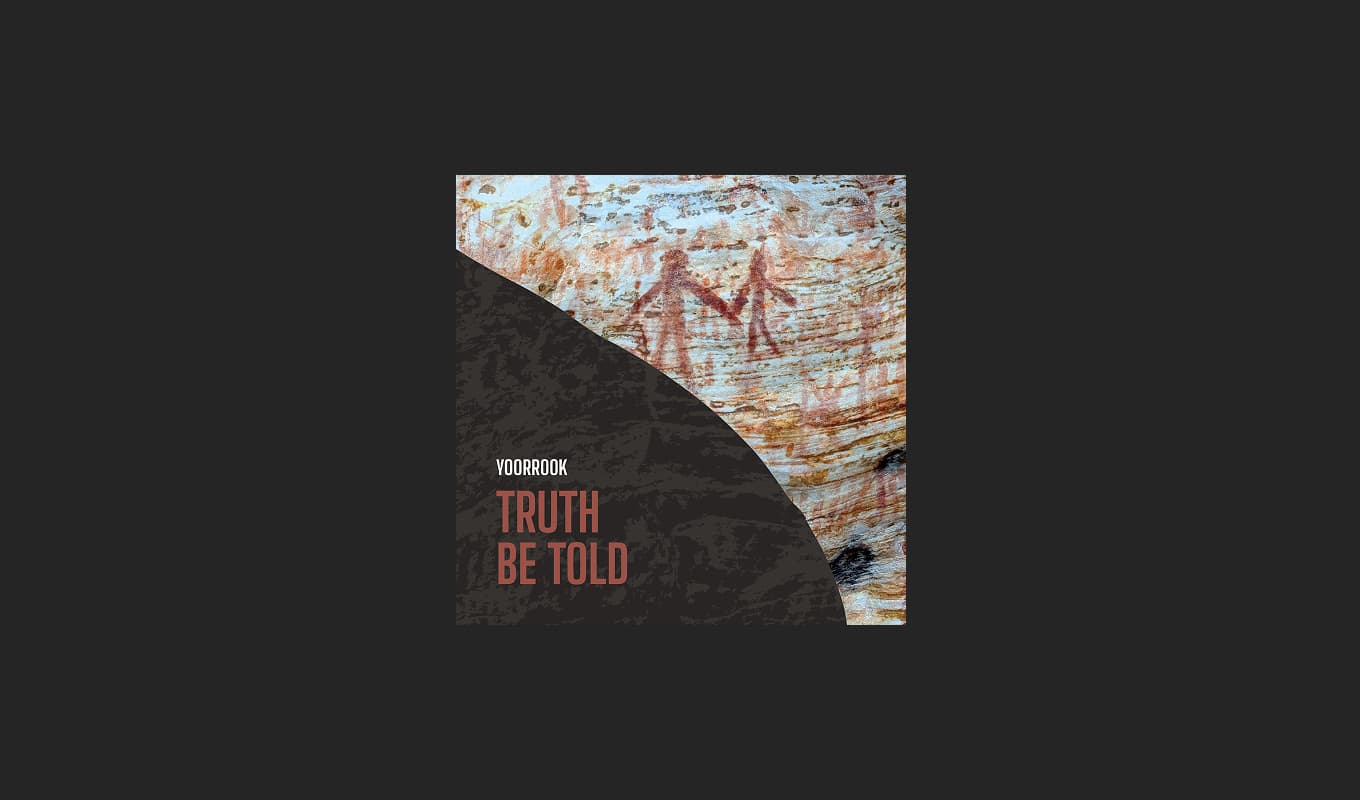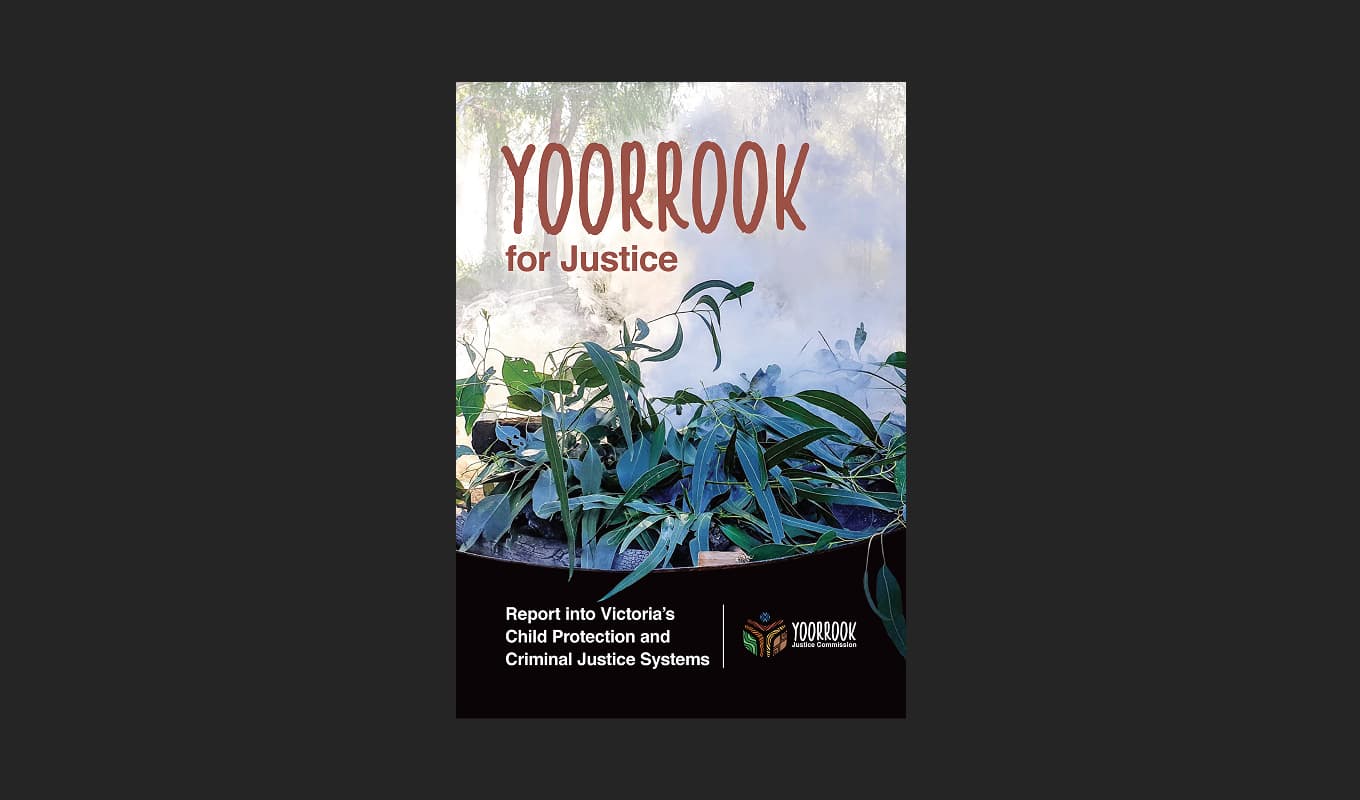Joanna Cruickshank
Joanna Cruickshank outlines their knowledge of the devastating and ongoing impacts of Victoria's colonisation, noting the rapid and violent invasion, lack of treaties, prevention of practicing law and culture, and continued systemic harm. A university lecturer, they criticise the limited education on First Nations history and advocate for genuine power for First Peoples, compulsory Indigenous studies, and truth-telling through education and the arts.
Submission Transcription
I know that colonisation had a devastating impact that continues today through colonial structures and systems. Colonisers, including my own ancestors, violently invaded these lands and dispossessed Aboriginal people through massacres, segregation and assimilation. I know that the invasion of these lands was the most rapid and violent in the history of the British Empire, and was accomplished through sheep and cattle as well as human beings. I know that unlike in other colonies of the British Empire, no treaty was signed (other than the fraudulent ‘Batman Treaty’) and the sovereignty of First Peoples was denied at every turn. I know that Aboriginal people were not only prevented from practicing the law and culture that arises from this land, but also deprived of the basic rights available under colonial and Australian law. I know that the so-called Protection system was a form of paternalistic violence that sought to permanently infantilise First Peoples. I know that children were stolen from their families and brainwashed to hate themselves, creating lasting generational trauma. I know that racist ideologies were developed to justify all of this. These forms of violence continue today through the ‘justice system’, the ‘health’ and ‘education’ system as well. I know that Country is sick because of the greedy, ignorant, rapacious ways that white invaders have lived here and that First Peoples live with trauma and discrimination under occupation. Climate change, species loss, pollution are all the result of colonisation and colonial ways of living. I know that invasion is an ongoing structure, not a past event. I also know that First Peoples have always resisted occupation in a thousand different ways that are creative, resilient and powerful, so that sovereign First Peoples are still here and always will be. I know that there is a profound history of leadership by elders and also of the rekindling of language and culture by recent generations.
I did not grown up in Victoria (or Australia) but I am a university lecturer in history at a Victorian university. Mature-age students tell me that they learned nothing about First Nations history and culture in Victoria’s education system. Those who are coming through now as school leavers have more exposure to First Nations history and culture but it is still very limited. Particularly, there is no commitment to explaining the connection between past injustice and present systems. Dispossession and violence are often seen as things that happened in the past, with no recognition of how colonial systems continue to do harm in the present and how the whole Australian system of property-ownership, policing, education etc. relies on the dispossession of First Peoples. For example, students now are all very aware of the Stolen Generations, but they see this as something that happened in the past and not something that continues in increasing ways in the present.
I think that until First Peoples are given real power to make decisions for themselves and also to exercise their sovereign rights in relation to Country, educating non-Indigenous people about the past and the present will always have limited impact. For this reason, I think Treaty is crucial, not as a symbolic gesture, but as a genuine shift in the balance of power in the system. This will also give non-Indigenous people a legitimate grounds on which they can belong in this place, as long as they are in right relations with Country and the people who speak as Country.
We need to educate ourselves – First Peoples have done a vast amount of work in truthtelling, we need to listen to this. Specifically, – we need to understand what we need to do and know to be trustworthy and competent treaty partners. – We can lobby and vote to support Treaty, particularly given the political shift against truthtelling and treaty in other states – We can talk to our friends, family and neighbours about the truth of our history and point them to Indigenous sources to understand this. – We can identify how we personally have benefited from colonisation and identify ways we can seek to make amends/reparations personally and collectively. In particular. we can give land back and/or pay the rent and convince the non-governmental organisations we are part of (churches, businesses, charities etc.) to do the same
We need to educate ourselves – First Peoples have done a vast amount of work in truthtelling, we need to listen to this. Specifically, – we need to understand what we need to do and know to be trustworthy and competent treaty partners. – We can lobby and vote to support Treaty, particularly given the political shift against truthtelling and treaty in other states – We can talk to our friends, family and neighbours about the truth of our history and point them to Indigenous sources to understand this. – We can identify how we personally have benefited from colonisation and identify ways we can seek to make amends/reparations personally and collectively. In particular. we can give land back and/or pay the rent and convince the non-governmental organisations we are part of (churches, businesses, charities etc.) to do the same
Truth-teller consent
Contact us about this submission
Contact us if you’d like to discuss this submission.
Similar submissions
Explore submissions from other witnesses that discuss similar topics.
Mary Hassall
This submission is from Mary Hassall, a descendant of James Hassall, after whom the Hassall creek on Gunditj Country is named. It discusses her resear... more
Viki Sinclair (Fowler)
Viki Sinclair is a direct descendant of one of the original settlers of Gippsland, Colin McLaren. In this submission, she tells her personal story of... more
The Thomson Family Descendants
Some of the Thomson family descendants make this submission in hope that, it assists to establish the truth of impact on First Nations by early settle... more
Gayle Carr
Gayle Carr makes this submission on behalf of herself, Kathryn Williamson and the late Diana Halmarick. It outlines the range of historic reference ma... more
Reports and Recommendations
Read the official reports and recommendations of the Yoorrook Justice Commission.

Yoorrook for Transformation
Third Interim Report: A five-volume comprehensive reform report presenting evidence and findings on systemic injustices, and specific recommendations for meaningful change to transform the future.

Truth Be Told
An official public record that documents First Peoples experiences since colonisation, preserves crucial testimonies for future generations and creates an enduring resource for education and understanding.

Recommendations for change
Yoorrook Justice Commission’s recommendations for truth-telling, justice, and systemic reform in Victoria.
